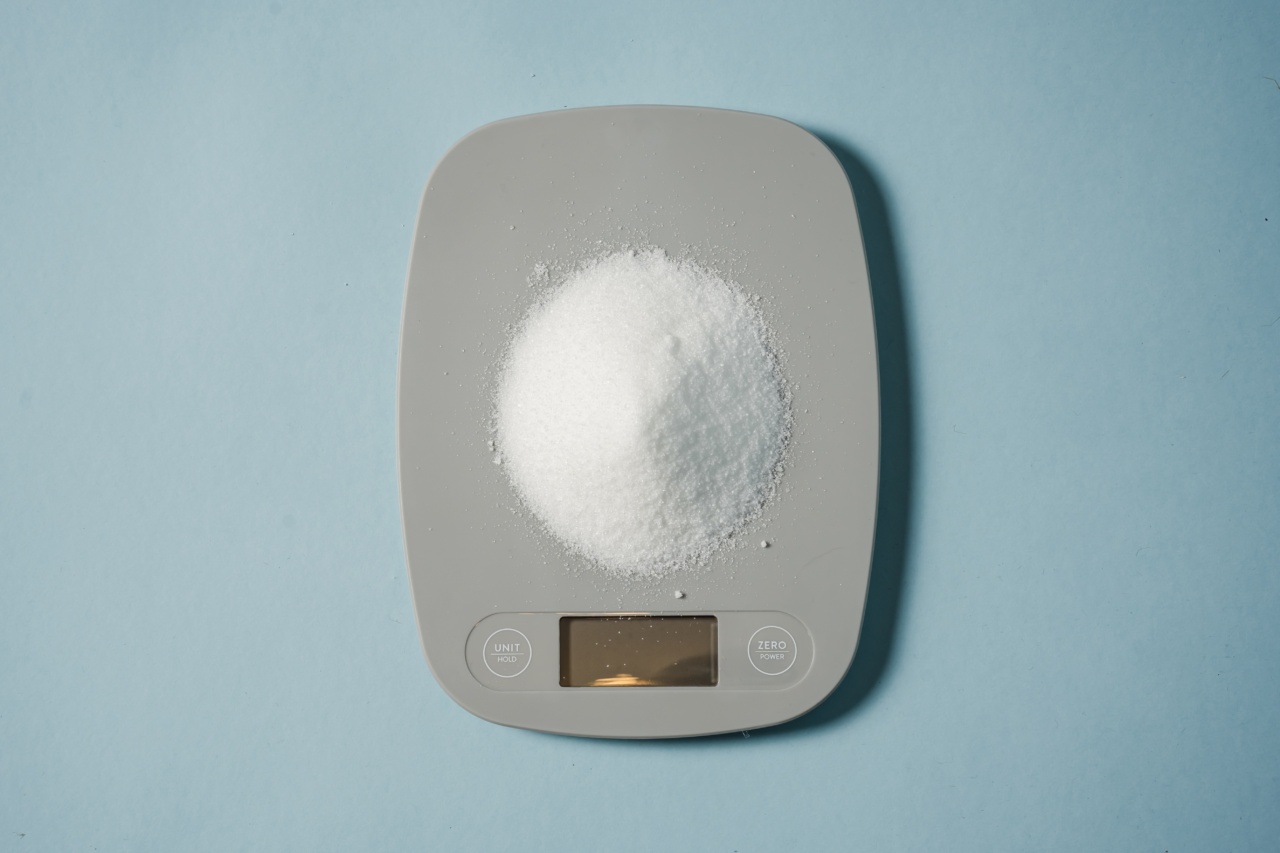Having balanced sugar levels is crucial for overall health and well-being. Fluctuations in blood sugar levels can lead to various health issues, including diabetes, obesity, and heart disease.
Fortunately, there are steps you can take to keep your sugar levels in check. In this article, we will discuss ten effective strategies to help you maintain stable sugar levels and improve your overall health.
1. Adopt a Balanced Diet
Your diet plays a significant role in managing your sugar levels. Aim to consume a well-balanced diet that includes a variety of whole foods. Incorporate fruits, vegetables, whole grains, lean proteins, and healthy fats into your meals.
Avoid processed foods, sugary snacks, and beverages high in added sugars.
2. Portion Control
Controlling portion sizes is essential for regulating sugar levels. Be mindful of the amount of food you consume in a single meal. Use smaller plates and practice mindful eating techniques such as chewing slowly and savoring each bite.
Additionally, try to eat smaller, frequent meals throughout the day instead of a few large meals.
3. Monitor Carbohydrate Intake
Carbohydrates have a significant impact on blood sugar levels. It is crucial to monitor your carbohydrate intake, especially if you have diabetes or are at risk of developing it.
Focus on consuming complex carbohydrates like whole grains, legumes, and vegetables instead of refined carbohydrates like white bread and pasta.
4. Include Fiber-Rich Foods
Fiber-rich foods can help regulate sugar levels by slowing down the absorption of glucose into the bloodstream. Include foods such as whole grains, fruits, vegetables, and legumes in your diet.
These foods not only provide essential nutrients but also help maintain steady blood sugar levels.
5. Stay Hydrated
Proper hydration is essential for maintaining overall health, including balanced sugar levels. Drink an adequate amount of water throughout the day. Avoid sugary drinks and opt for water, herbal tea, or infused water with fruits and herbs.
Staying hydrated can also help control cravings for sweet beverages.
6. Regular Exercise
Engaging in regular physical activity is beneficial for managing sugar levels. Exercise helps your body utilize glucose effectively and can improve insulin sensitivity.
Aim for at least 150 minutes of moderate-intensity exercise per week, such as brisk walking, jogging, cycling, or swimming.
7. Get Enough Quality Sleep
Getting enough quality sleep is essential for maintaining balanced sugar levels. Lack of sleep can disrupt hormone regulation and lead to insulin resistance. Aim for seven to eight hours of uninterrupted sleep each night.
Establish a relaxing bedtime routine and create a sleep-friendly environment to promote better sleep.
8. Minimize Stress Levels
Prolonged stress can lead to elevated sugar levels as stress hormones affect insulin production. Find healthy ways to manage and reduce stress in your life.
Try relaxation techniques such as deep breathing, meditation, yoga, or engaging in activities you enjoy. Creating a balance between work and personal life is also crucial for stress management.
9. Regular Blood Sugar Monitoring
If you have diabetes or are at risk of developing the condition, regular blood sugar monitoring is essential. Check your blood glucose levels as recommended by your healthcare provider.
Monitoring allows you to understand how your body responds to different foods and activities, helping you make necessary adjustments to maintain stable sugar levels.
10. Seek Professional Guidance
If you are struggling with managing your sugar levels or have a history of diabetes or other health conditions, consider seeking professional guidance.
Consult a registered dietitian, certified diabetes educator, or healthcare provider specialized in managing blood sugar levels. They can provide personalized advice, support, and help you develop a comprehensive plan to keep your sugar levels in check.































